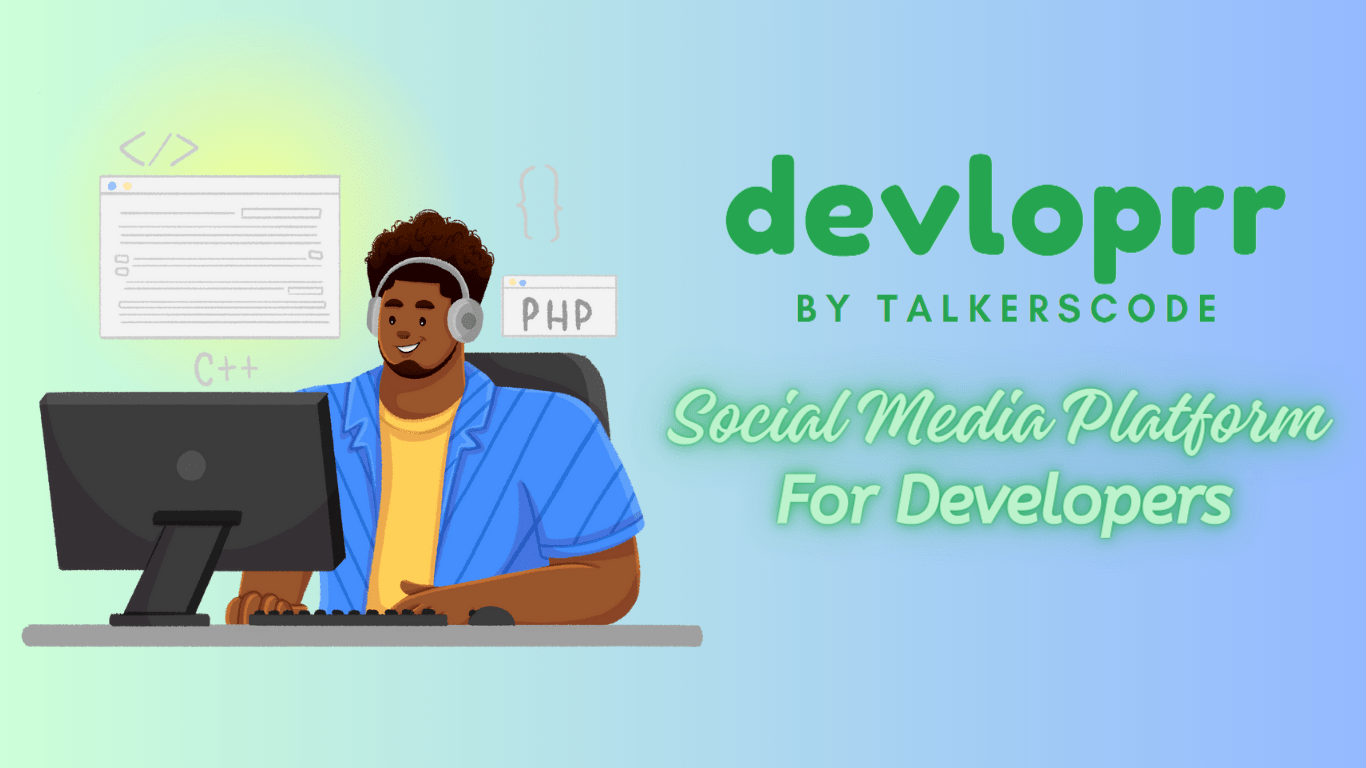The ability to solve complex coding tasks is what distinguishes experienced coders from beginners. A professional software developer can solve complex coding challenges by finding witty, non-obvious, or functional solutions.
Thus, it’s no surprise that problem-solving is a trait that directly impacts your professional growth.
To enhance your problem-solving abilities, you require a system of dealing with programming tasks. Sometimes you may luck out and solve a coding problem without a plan.
However, most times, trying your luck is a huge waste of time and a poor approach to complex programming assignments.
You need a proper problem-solving framework that you can practice and master. So don’t just focus on learning syntax and forget that the core of coding is solving problems.
We have created a simple and efficient guide that programming students can follow when they encounter a new problem. Read on to discover how you can level up problem-solving meta-skills and become great at writing code.
Tips To Improve Your Problem-Solving Skills In Coding :-
1. Understand the problem
Most complex coding tasks are hard because you don’t understand them. You can’t find a solution to a problem you don’t understand.
To know when you understand a coding task, try to explain it in plain English. If you can’t describe it in simple terms, you don’t understand it completely.
Practice explaining the problem several times, and you will identify the holes in the logic you didn’t see before.
This step should be the first thing you do to boost your chances of solving complex programing assignments.
2. Plan your solution
Another effective problem-solving technique entails planning the solution before even starting to solve it.
This involves processing the information and identifying the exact steps you will follow to find a solution.
For example, when handling a programming challenge, you can ask, “given input N, what steps are necessary to return output M?”. Remember, an effective plan depends on how well you understand the problem.
3. Divide the problem into sub-problems
If you try to solve one big coding task, you will end up in tears. Instead, break the main task into sub-problems that are easier to solve.
Then, proceed to solve each sub-problem, starting with the simplest. Also, ensure the tasks are arranged based on how each depends on the others being solved.
When done with each small assignment, connect all the solutions to get the final answer to the original problem.
This technique of reducing the problem is the foundation of problem-solving in coding. The method also minimizes the chances of getting stuck.
4. Feeling stuck?
What if you get stuck and can’t solve a coding sub-problem in Python, Java, or other programming languages? Well, this happens to every programmer.
When stuck, try to debug through your solution, reassess the problem from a new perspective, and/or research solutions from experts. It’s easy to find an expert online to solve some of the harder coding tasks.
For instance, you can consult experienced programming experts at CW assignments to get solutions to difficult sub-problems.
If the expert uses a clever algorithm you’ve never seen before or applies familiar ingredients in unexpected ways, spend time to understand the solutions and apply the tips to new problems in the future.
5. Practice! Practice! Practice!
Don’t expect to be an expert at problem-solving after a week. To boost your skills, you must practice solving numerous coding problems.
You can access programming problems of different kinds and difficulties on various online platforms, such as GitHub, SourceForge, and Bitbucket.
The tools train students to solve practical problems and understand the basics of dealing with different coding challenges.
Playing coding games can also train your brain to solve programming problems in a fun environment.
Most successful coders sharpen their micro-problem-solving skills by having video games in their workspace and participating in coding competitions and hackathons.
6. Extend your knowledge of Algorithms, design patterns, and data structures
If you want to sharpen your coding skills in any language, be it C, Java, PHP, or C++, then strengthening your theoretical foundation would make a big difference.
If you often get stuck with coding challenges, you need to reinforce your foundation in programming-related subjects, such as data structures, algorithms, design patterns, and math.
For example, perfecting design patterns allows you to memorize common templates used to solve certain tasks. Similarly, math is the foundation that runs through every program, sequence, and algorithm.
7. Get feedback
Feedback is one of the most important factors in your growth as a coding expert. Getting feedback on your job from real people helps you to identify flaws in your thinking patterns and skills.
Also, mistakes help you align your priorities, gain new knowledge, and advance your skills within a short time.
There are many online programming forums where you can connect with other people. Make feedback and interactions with real people a priority in your learning process to boost your progress.
Conclusion :-
Now you know how to solve problems like a professional programmer. Perfecting problem-solving in coding will set you up for good grades and a great career.
The meta-skill plays a massive role in the present world and will increase your confidence as a programming student. Just remember that anyone can get better at problem-solving with time and practice.
Recommended Articles
Tags - Increase Website Traffic | Published On - 9 Apr 2023
Tags - Increase Website Traffic | Published On - 9 Apr 2023
Tags - Increase Website Traffic | Published On - 9 Apr 2023
Tags - Make Money Online | Published On - 9 Apr 2023




